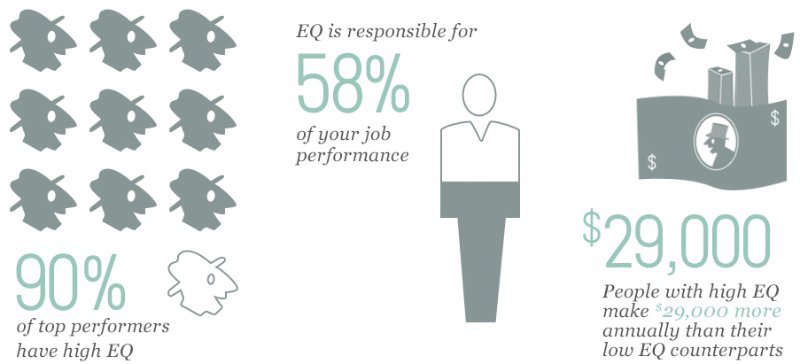 Careers in Wine
Careers in Wine
California Waves Goodbye to Salary History
 On October 12, 2017, California joined a growing trend of jurisdictions attempting to address pay disparities by enacting a law that bans employers from seeking salary history information, including compensation and benefit information, from job applicants. This includes the concern that relying upon salary history may perpetuate existing pay disparities.
On October 12, 2017, California joined a growing trend of jurisdictions attempting to address pay disparities by enacting a law that bans employers from seeking salary history information, including compensation and benefit information, from job applicants. This includes the concern that relying upon salary history may perpetuate existing pay disparities.
To address this issue, California’s new law:
- Prohibits employers from seeking salary history information, including compensation and benefits, about an applicant for employment;
- Prohibits employers from relying on salary history when deciding whether to offer employment;
- Prohibits employers from relying on salary history when deciding what salary to offer; and
- Requires employers to provide a pay scale for the position to an applicant upon “reasonable request.”
Notably, although employers may not seek salary history information, if an applicant “voluntarily and without prompting” discloses salary history information, the employer may consider it in determining what salary to offer the applicant. Unique to California, however, is the requirement that employers provide a pay scale upon reasonable request—a requirement that may force employers to create such a scale for positions.
The new law, which becomes effective January 1, 2018, will be codified at California Labor Code section 432.3, and applies to “all employers,” both private and public.
Employers in California should begin reviewing their hiring policies and practices, including employment applications and recruiting inquiries, to determine what changes may be necessary to ensure compliance with this new law.
 There are two over-arching kinds of decision making. One requires research and careful thought as to probable outcomes. The other simply goes with the gut.
There are two over-arching kinds of decision making. One requires research and careful thought as to probable outcomes. The other simply goes with the gut.




